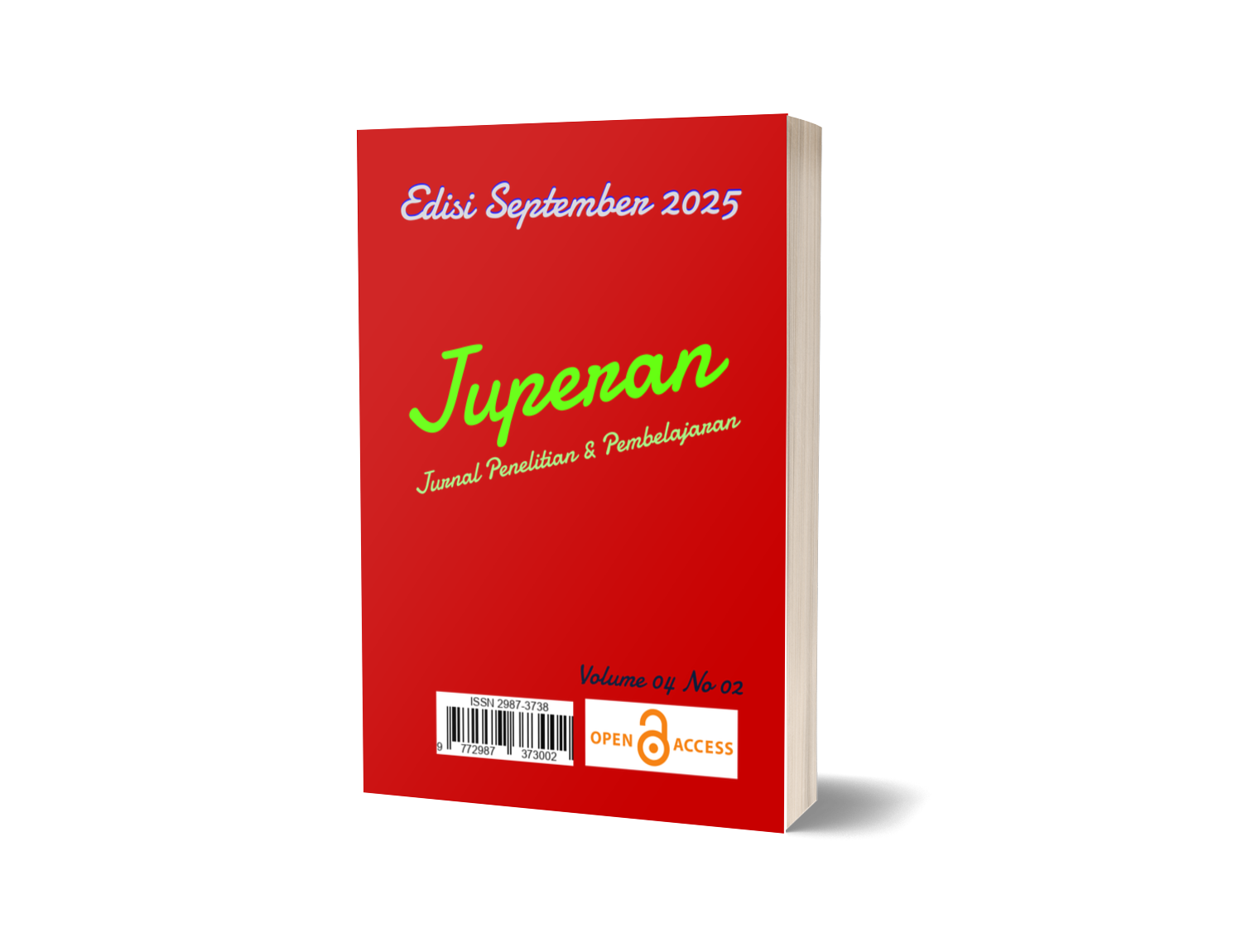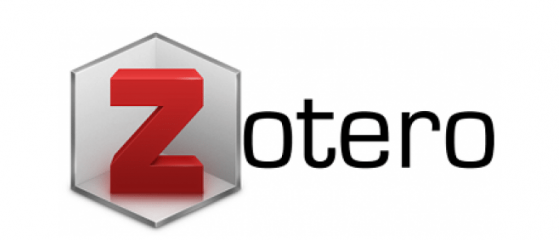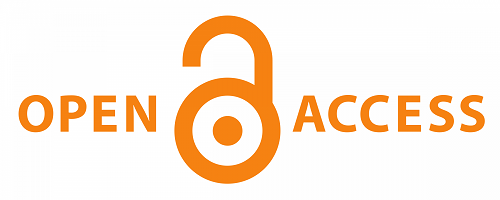Model Evaluasi Program Pendidikan Berbasis CIPP (Contex, Input, Process, Product) di Era Kurikulum Merdeka
Keywords:
Education Program Evaluation, CIPP, Indepedendent CurriculumAbstract
The CIPP model is an abbreviation of the initial letters of four words: Context, Input, Process, and Product. The four words mentioned in the CIPP abbreviation represent evaluation targets, which are none other than components of the process of a program activity. In other words, the CIPP model is an evaluation model that views the program being evaluated as a system. The method in this article is a literature study. The results of this article are the CIPP-Based Education Program Evaluation Model (Context, Input, Process, Product) in the Independent Curriculum Era. First, context in the evaluation of the CIPP-based Independent Learning Curriculum refers to a comprehensive understanding of the educational environment that influences the implementation of the curriculum. Second, in the context of curriculum evaluation, input refers to the various components used in the design and implementation of the curriculum. Input evaluation aims to assess the quality, relevance, and suitability of these components to the desired educational goals. Third, process evaluation aims to assess whether the implementation of the curriculum is in accordance with the planned strategy. This assessment includes learning activities carried out in the curriculum, identifying those responsible for its implementation, and determining the timeframe for curriculum completion. Fourthly, product evaluation is used to assess the extent to which a curriculum is successful in achieving previously set objectives.
Downloads
References
Aditomo Anindito. (2024). Kurikulum Merdeka. Tim Kreatif Pusat Kurikulum dan Pembelajaran, 4.
Ananda Rusydi dan Tien Rafida. (2017). Pengantar Evaluasi Program Pendidikan. Medan: Perdana Publishing, 43-44.
Andreti Leon Abdillah. (2021). Metode Penelitian dan Analsis Data Compherensif. Kesambi: Grup Publikasi Yayasan Insan Shodiqin Gunung Jati, 50-55.
Aziza meria. (2018). Ekstrakulikuler dalam mengembangkan diri peserta didik di lembaga pendidikan. jurnal penelitian & pengabdian, 6(2), 182.
Darodjat dan Wahyudhiana M. (2015). Model Evaluasi Program Pendidikan. Jurnal ISLAMADINA, 3-5.
Fitra Dian. (2023). Kurikulum Merdeka dalam Pendidikan Modern. Jurnal Inovasi Edukasi. 6(2), 153-154.
Hidayatullah Syarif, dkk. (2023). Kurikulum Merdeka Perspektif Pemikiran Pendidikan Ki Hajar Dewantara. Jurnal Literasiologi. 9(2), 89. DOI : https://doi.org/10.47783/literasiologi.v9i2.472
Meysa Rovika dan Sukiman. (2023). Analisis Penggunaan Model CIPP Dalam Penerapan Evaluasi Kurikulum. Jurnal Penelitian Pendidikan dan Pembelajaran. 10(3), 174.
Mubai Akrimullah, dkk. (2021). Implementasi Model Cipp Dalam Evaluasi Kurikulum Pendidikan Teknik Informatika. Jurnal Ilmu Pendidikan. 3(4). 55. https://edukatif.org/index.php/edukatif/index
Nabila Sheila dan Nadlir. (2025). Evaluasi Pelaksanaan Kurikulum Merdeka Menggunakan Model CIPP (Context, Input, Process, dan Product). Jurnal of Education Research. 6(2), 305-307.
Rahmadi. (2011). Pengantar Metodologi Penelitian. Banjarmasin: Antasari press, 32










